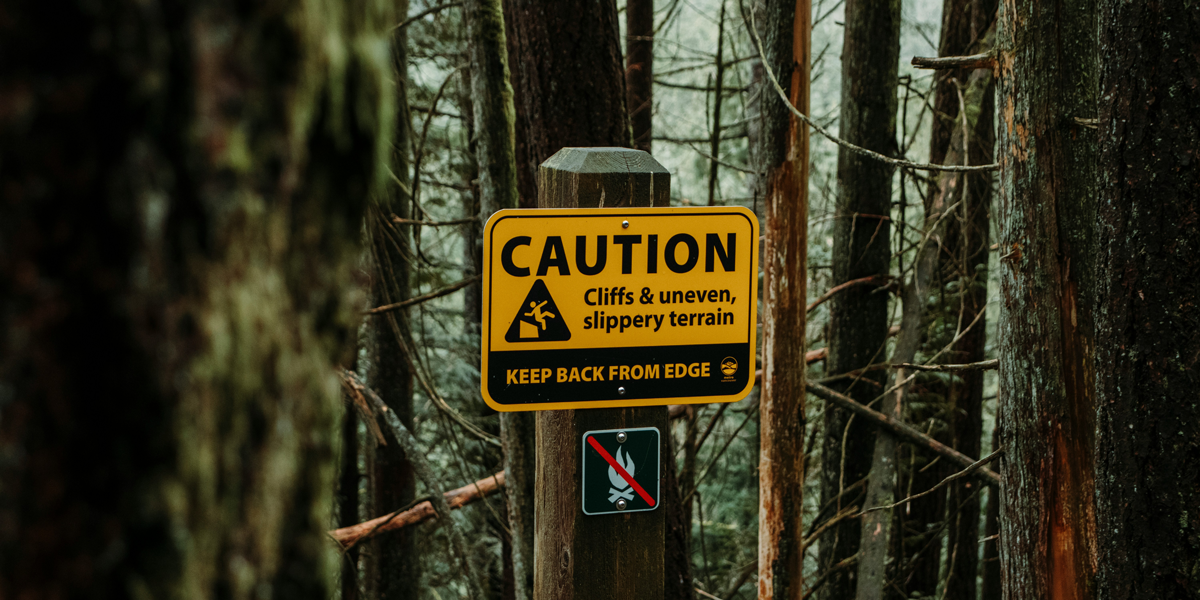
When individuals are able to avoid bearing the costs of their decisions, they can be inclined towards more risky and unethical behaviour.
Sailing across the open sea in a tall ship laden with trade goods is a risky business. All manner of misfortune can strike, from foul weather to uncharted shoals to piracy. Shipping businesses in the 19th century knew this only too well, so when the budding insurance industry started offering their services to underwrite the ships and cargo, and cover the costs should they experience misadventure, they jumped at the opportunity.
But the insurance companies started to notice something peculiar: insured ships were more likely to meet with misfortune than ships that were uninsured. And it didn’t seem to be mere coincidence. Instead, it turned out that shipping companies covered by insurance tended to invest less in safety and were more inclined to make risky decisions, such as sailing into more dangerous waters to save time. After all, they had the safety net of insurance to bail them out should anything go awry.
Naturally, the insurance companies were not impressed, and they soon coined a term for this phenomenon: “moral hazard”.
Risky business
Moral hazard is usually defined as the propensity for the insured to take greater risks than they might otherwise take. So the owners of a building insured against fire damage might be less inclined to spend money on smoke alarms and extinguishers. Or an individual who insures their car against theft might be less inclined to invest in a more reliable car alarm.
But it’s a concept that has applications beyond just insurance.
Consider the banks that were bailed out following the 2008 collapse of the subprime mortgage market in the United States. Many were considered “too big to fail”, and it seems they knew it. Their belief that the government would bail them out rather than let them collapse gave the banks’ executives a greater incentive to take riskier bets. And when those bets didn’t pay off, it was the public that had to foot much of the bill for their reckless behaviour.
There is also evidence that the existence of government emergency disaster relief, which helps cover the costs of things like floods or bushfires, might encourage people to build their homes in more risky locations, such as in overgrown bushland or coastal areas prone to cyclone or flood.
What makes moral hazards “moral” is that they allow people to avoid taking responsibility for their actions. If they had to bear the full cost of their actions, then they would be more likely to act with greater caution. Things like insurance, disaster relief and bank bailouts all serve to shift the costs of a risky decision from the shoulders of the decision-maker onto others – sometimes placing the burden of that individual’s decision on the wider public.
Perverse incentives
While the term “moral hazard” is typically restricted examples involving insurance, there is a general principle that applies across many domains of life. If we put people into a situation where they are able to offload the costs of their decisions onto others, then they are more inclined to entertain risks that they would otherwise avoid or engage in unethical behaviour.
Like the salesperson working for a business they know will be closing in the near future might be more inclined to sell an inferior or faulty product to a customer, knowing that they won’t have to worry about dealing with warranty claims.
This means there’s a double edge to moral hazards. One is born by the individual who has to resist the opportunity to shirk their personal responsibility. The other is born by those who create the circumstances that create the moral hazard in the first place.
Consider a business that has a policy saying the last security guard to check whether the back door is locked is held responsible if there is a theft. That might give security guards an incentive to not check the back door as often, thus decreasing the chance that they are the last one to check it, but increasing the chance of theft.
Insurance companies, governments and other decision-makers need to ensure that the policies and systems they put in place don’t create perverse incentives that steer people towards reckless or unethical behaviour. And if they are unable to eliminate moral hazards, they need to put in place other policies that provide oversight and accountability for decision making, and punish those who act unethically.
Few systems or processes will be perfect, and we always require individuals to exercise their ethical judgement when acting within them. But the more we can avoid creating the conditions for moral hazards, the less incentives we’ll create for people to act unethically.

BY The Ethics Centre
The Ethics Centre is a not-for-profit organisation developing innovative programs, services and experiences, designed to bring ethics to the centre of professional and personal life.
Ethics in your inbox.
Get the latest inspiration, intelligence, events & more.
By signing up you agree to our privacy policy
You might be interested in…
Opinion + Analysis
Business + Leadership, Climate + Environment
The business who cried ‘woke’: The ethics of corporate moral grandstanding
Opinion + Analysis
Business + Leadership
How a Shadow Values Review can improve your organisation
Opinion + Analysis
Business + Leadership
The dark side of the Australian workplace
Opinion + Analysis
Business + Leadership, Climate + Environment, Relationships




